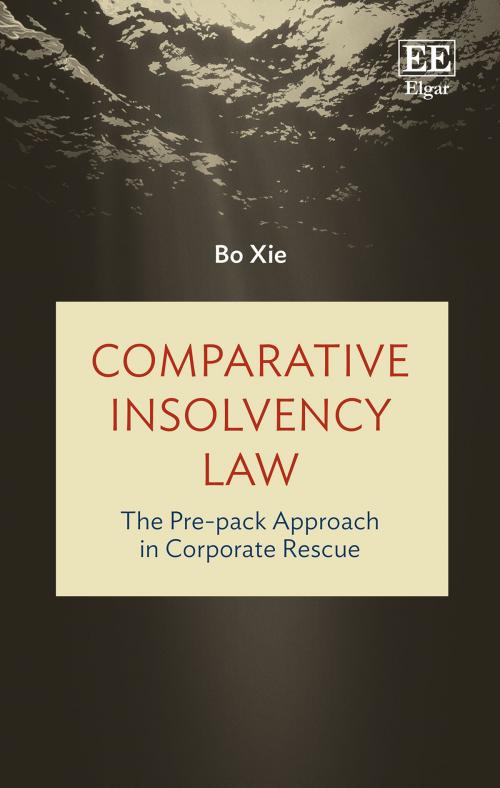Comparative Insolvency Law
The Pre-pack Approach in Corporate Rescue
Nonfiction, Reference & Language, Law, Comparative, Corporate| Author: | Bo Xie | ISBN: | 9781781007389 |
| Publisher: | Edward Elgar Publishing | Publication: | November 25, 2016 |
| Imprint: | Language: | English |
| Author: | Bo Xie |
| ISBN: | 9781781007389 |
| Publisher: | Edward Elgar Publishing |
| Publication: | November 25, 2016 |
| Imprint: | |
| Language: | English |
Comparative Insolvency Law argues that the most important development in contemporary insolvency law and practice is the shift towards a rescue culture rather than full creditor satisfaction. This book is the first to specifically examine the rise of the pre-pack approach, which permits debtor companies to formulate a clear pre-arranged exit before entering into formal insolvency proceedings.
Comparative Insolvency Law argues that the most important development in contemporary insolvency law and practice is the shift towards a rescue culture rather than full creditor satisfaction. This book is the first to specifically examine the rise of the pre-pack approach, which permits debtor companies to formulate a clear pre-arranged exit before entering into formal insolvency proceedings.















